The signing ceremony of the Hanoi Convention took place from October 25-26, with the participation of nearly 100 countries and more than 100 regional and international organizations. On this occasion, Dr. Vu Viet Anh, a researcher at the Cybercrime Center, University of Cambridge, talked to reporters about the importance of the Convention as well as the role and contribution of Vietnam in preventing cybercrime in particular and addressing global challenges in general.
A more comprehensive and inclusive approach
|
Dr. Vu Viet Anh, researcher at the Cybercrime Center, University of Cambridge, answered the Vietnamese press interview. |
According to Dr. Vu Viet Anh, the Hanoi Convention is the first United Nations document on preventing and combating cybercrime after more than 20 years since the Budapest Convention in 2001, which mainly applies to Europe. While the Budapest Convention is only for reference with countries outside the Council of Europe, the Hanoi Convention has a global scope, open to all United Nations member states to sign and implement.
He said the new Convention represents a more comprehensive approach to cybercrime, covering new issues such as electronic evidence, artificial intelligence (AI) and digital money laundering.
“The Hanoi Convention will help establish common standards and unify regulations that reflect rapidly evolving technological practices, thereby partly filling the global legal gap and promoting international cooperation in investigating, sharing evidence, and prosecuting cybercrime more effectively,” said Mr. Vu Viet Anh.
Commenting on Vietnam being chosen as the host country for the signing ceremony of the Convention, Dr. Vu Viet Anh said that this is an important milestone demonstrating Vietnam's prestige, proactive role and international responsibility. For him, the fact that Hanoi was chosen as the signing location reflects the international community's trust and recognition of Vietnam's efforts in building a legal framework on cyber security as well as in global cooperation.
Dr. Vu Viet Anh emphasized that the fact that a Convention named after the capital city of Hanoi not only has a profound symbolic meaning but also demonstrates Vietnam's role as a bridge between developed and developing countries, promoting dialogue and cooperation based on the principles of equality, respect for sovereignty and mutual benefit. In the context of the world still having many differences in cyberspace management, Vietnam has demonstrated its flexible and skillful mediation capacity in multilateral diplomacy , contributing to building international consensus.
“The event affirms Vietnam’s new position in international relations. From a country that mainly participates, we have now become one of the subjects that contribute more actively to the formation of international standards and rules,” the expert affirmed.
Advantages and challenges
Regarding the content of the Hanoi Convention, Dr. Vu Viet Anh pointed out that the document was built to create a comprehensive legal framework for international cooperation in the fight against high-tech crime. The Convention unifies the definition of cybercrime, including unauthorized access to computer systems, online forgery and fraud, digital money laundering, invasion of privacy, as well as AI-related crimes such as fraud or social engineering attacks. The researcher mentioned the contents of electronic evidence and data sharing procedures in cross-border investigations, to ensure both convenience for international cooperation and protection of human rights and national sovereignty .
|
The Ministry of Foreign Affairs and the Ministry of Public Security jointly organized an international press conference to open the signing ceremony of the United Nations Convention against Cybercrime in Hanoi (Hanoi Convention). (Photo: Nguyen Hong) |
According to Dr. Vu Viet Anh, the biggest advantage of the Hanoi Convention is its global nature and broad consensus among UN member states, creating a foundation for more transparent and effective international cooperation in preventing and combating cybercrime. The Convention also updates new forms of crime, reflecting the rapid development of technology such as artificial intelligence (AI) and cryptocurrencies.
However, he said that the implementation of the Convention still faces many challenges, from the cross-border and anonymous nature of cybercrime, the gap in technical and legal capacity between countries, to barriers in data protection and privacy. This is a problem that needs to be solved in harmony between security requirements, human rights protection and promoting international cooperation.
Sharing his experience from the UK where he is working, Dr. Vu Viet Anh said that the country has implemented the National Cyber Security Strategy 2022-2030, focusing on protecting critical infrastructure, enhancing the resilience of public services and expanding cooperation with Interpol and the research community.
Based on that experience, experts recommend that Vietnam should prioritize protecting essential infrastructure such as healthcare, energy, finance and population data systems, as these sectors are the most vulnerable targets in the digital transformation process. In addition, Vietnam should build a long-term cybersecurity strategy and a flexible legal framework, refer to models from the UK and the European Union, and strengthen international cooperation in information sharing, joint investigations and research on advanced technologies such as AI and blockchain to track criminals.
Finally, Dr. Vu Viet Anh emphasized the importance of education and raising public awareness about digital safety, especially for vulnerable groups such as the elderly, pupils and students.
“They need to be equipped with skills to identify scams and increase vigilance when participating in the online environment, because reality shows that most incidents originate from users' subjectivity,” he concluded.
In short, the Hanoi Convention is not only a historic milestone in international cooperation in preventing and combating cybercrime, but also clearly demonstrates Vietnam's increasingly proactive role and global responsibility. The fact that Hanoi was chosen as the place to sign this important document demonstrates the international community's trust in Vietnam as a reliable partner, a bridge between countries and regions. In the context of rapidly developing digital technology and increasingly sophisticated cybercrime, the Hanoi Convention opens up opportunities for countries to act together, strengthen trust and enhance cooperation for a safe, humane and sustainable cyberspace for everyone.
The signing ceremony of the United Nations Convention against Cybercrime with the theme "Combating Cybercrime - Sharing Responsibility - Looking Forward" will be held on October 25 and 26, 2025 in Hanoi. Currently, more than 100 delegations representing United Nations member states and international organizations, led by senior leaders, leaders of ministries, sectors of countries and international organizations, have confirmed their attendance at the signing ceremony. |
Source: https://baoquocte.vn/cong-uoc-ha-noi-danh-dau-buoc-tien-toan-cau-trong-hop-tac-phong-chong-toi-pham-mang-331586.html


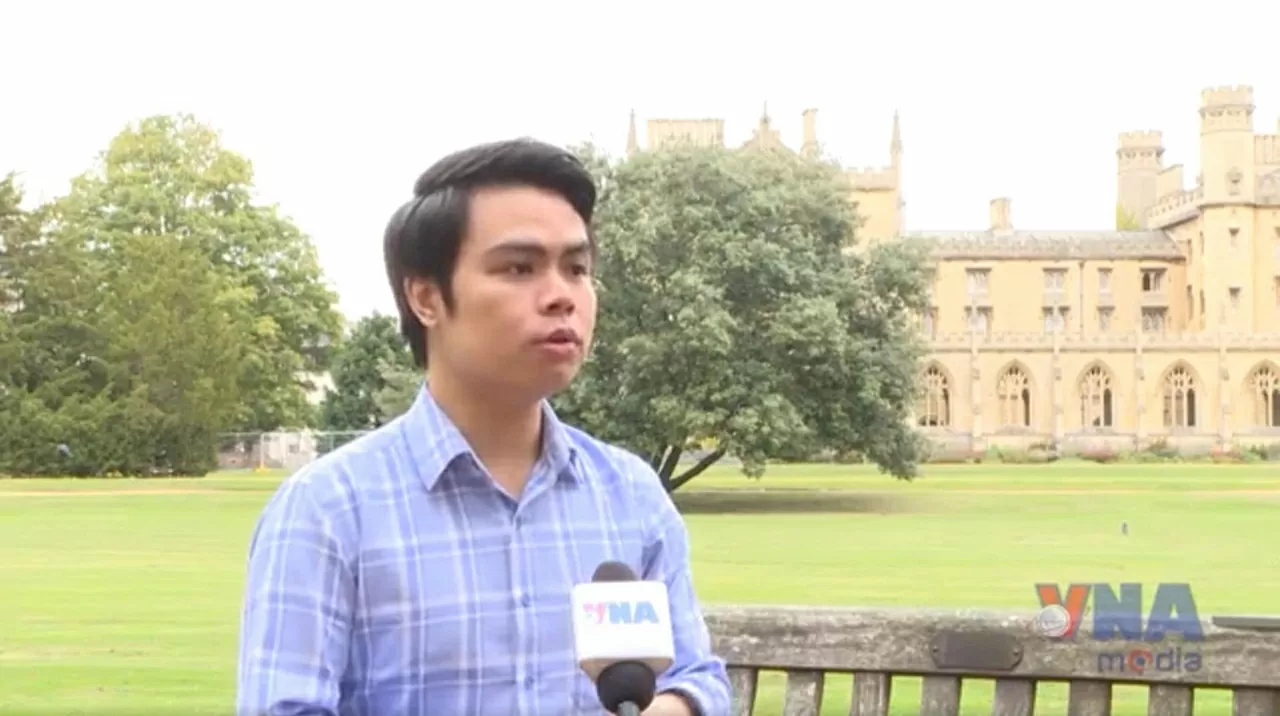
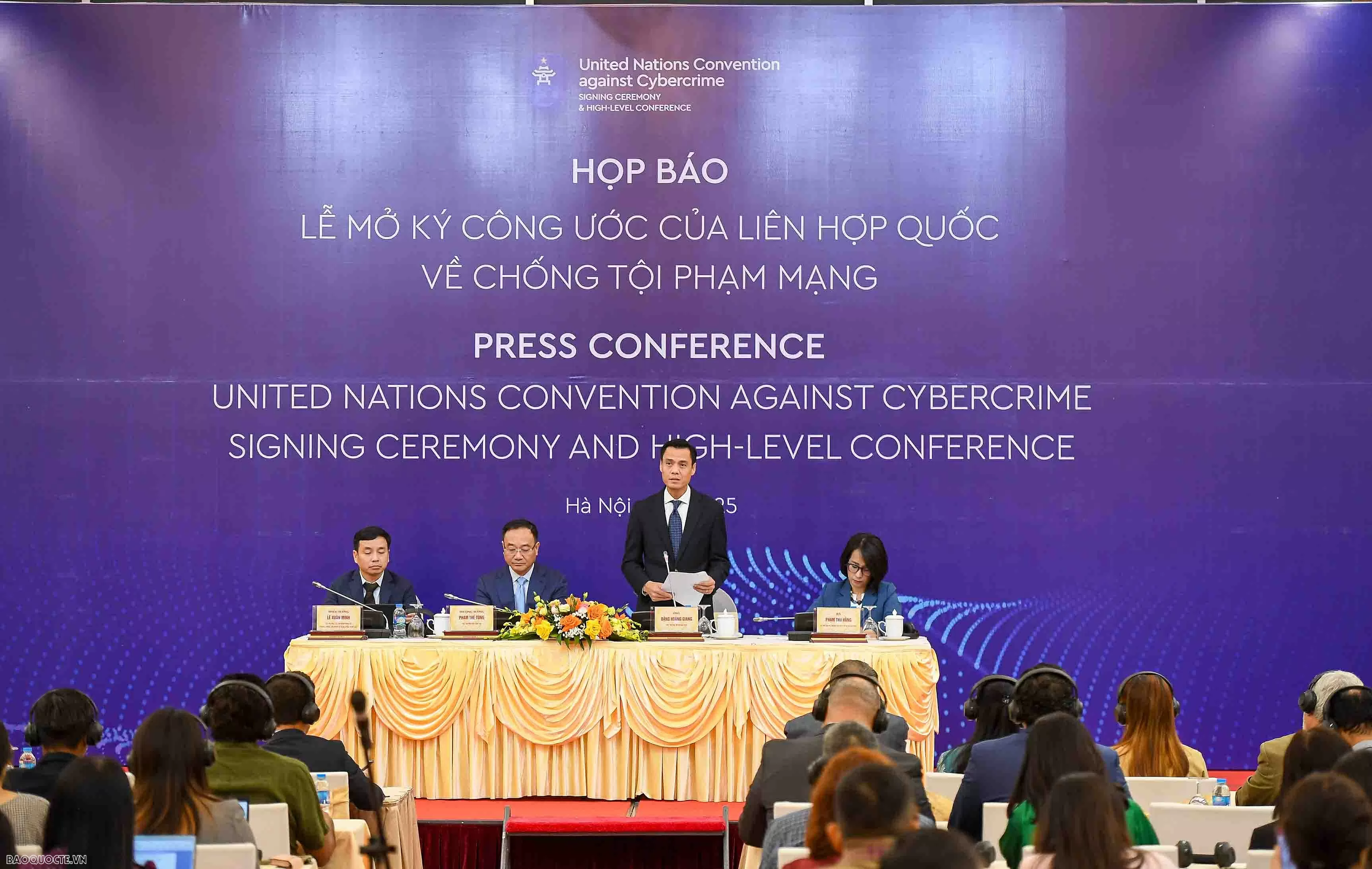
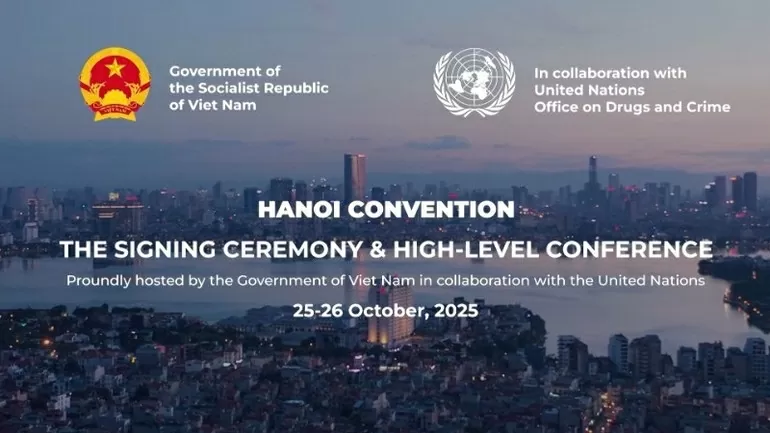






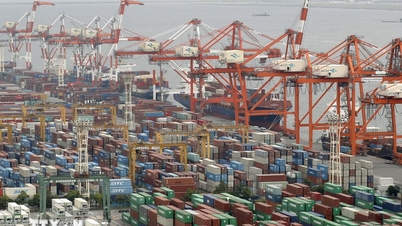

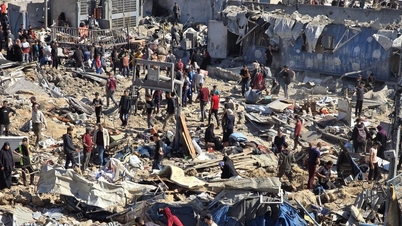

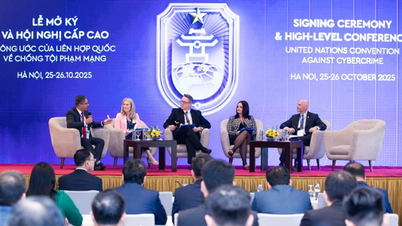

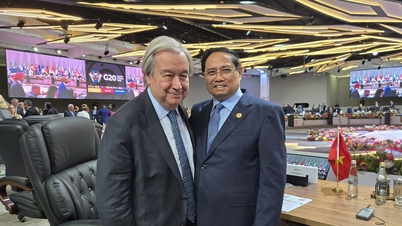

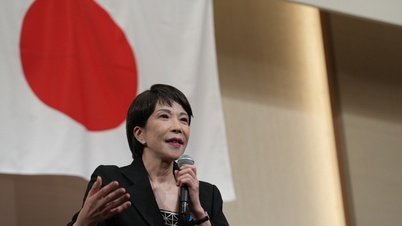

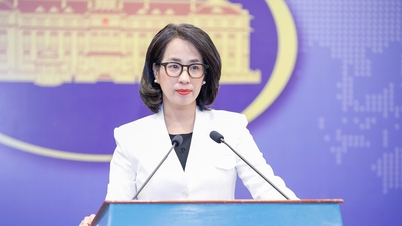

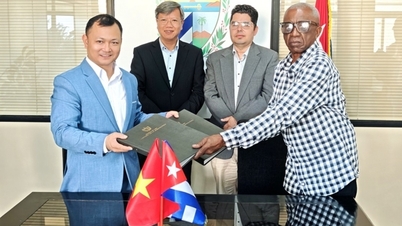
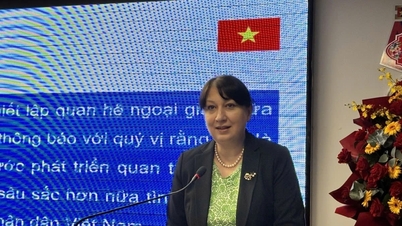











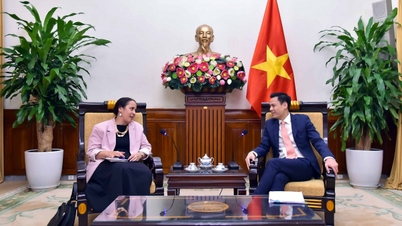
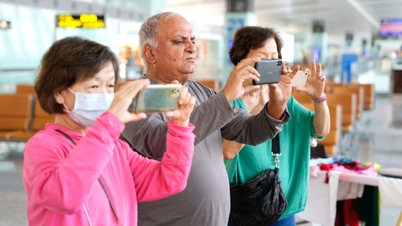




























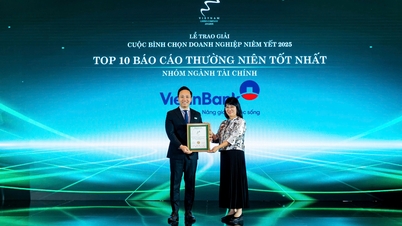










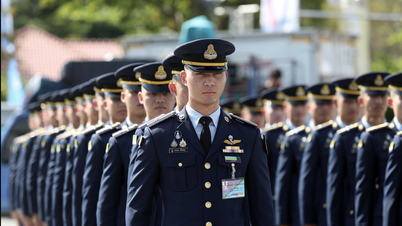


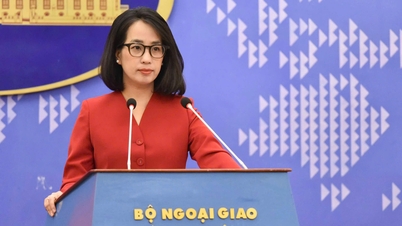












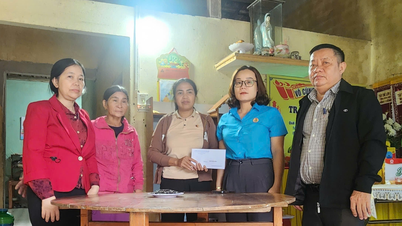
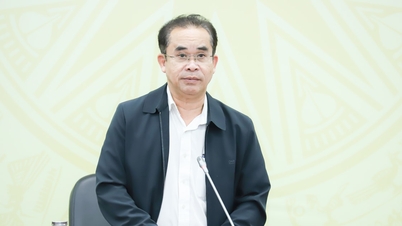


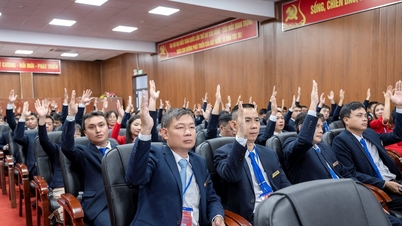


















Comment (0)